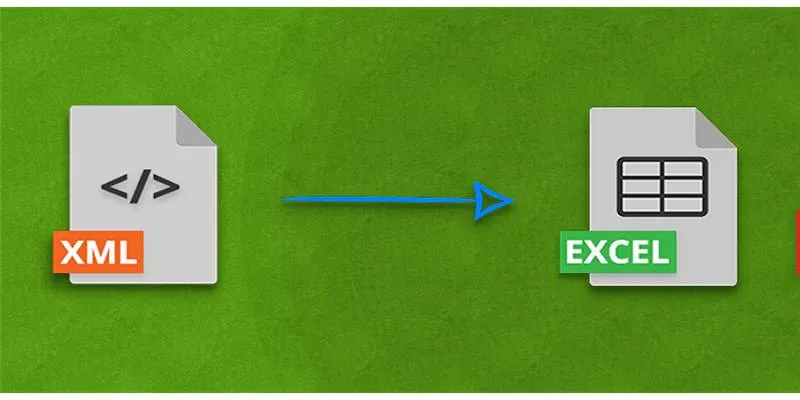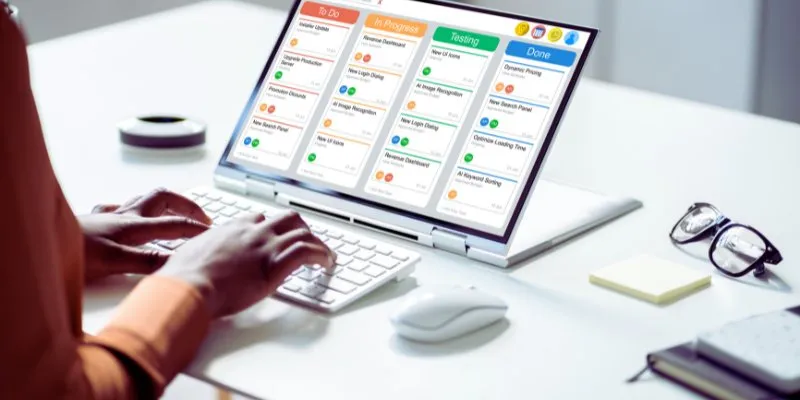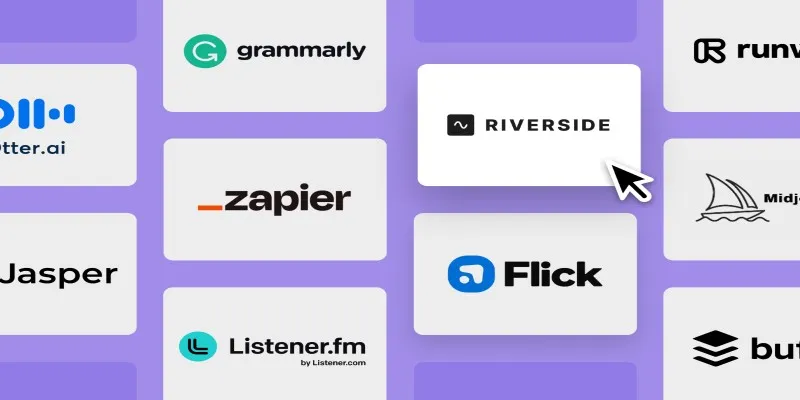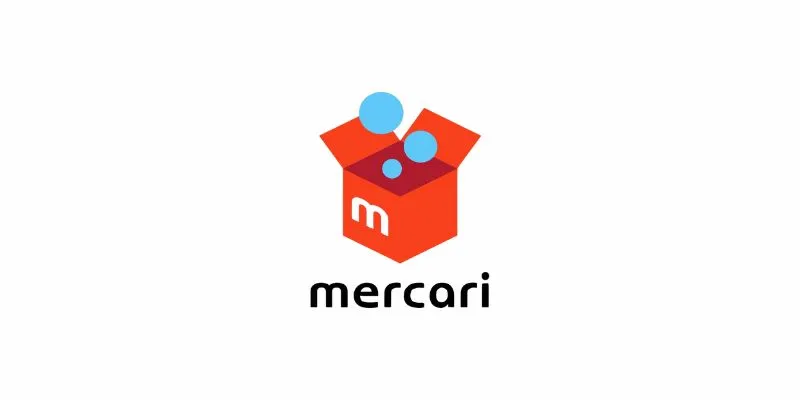The 5 Best Data Collection Tools
Data collection is crucial for making informed decisions in businesses, research, and organizations. The right data-collecting tools can streamline processes, save time, and enhance accuracy. These tools help users properly assess trends and patterns by compiling data from forms, questionnaires, and internet sources. With so many tools available, selecting the right one can seem daunting.
While some tools focus on web or social media data collection, others specialize in surveys. Your needs will determine the best choice based on factors such as features, price, and ease of use. In this article, we’ll discuss the five best data-collection tools. These products will improve your workflow whether your needs call for web data collection tools or a survey tool.

5 Best Data Collection Tools for Research
Selecting the correct method of data collection increases accuracy and effectiveness. These tools effortlessly compile and analyze data.
Google Forms
Google Forms is a free and straightforward data-collection tool ideal for surveys, quizzes, and feedback forms. It is highly adaptable with various question types: multiple-choice, short answers, and file uploads. The program automatically saves responses in Google Sheets, thus simplifying data handling and analysis. Its seamless integration with other Google products enhances workflow efficiency, making it a practical option for both individuals and businesses. Google Forms allows users to quickly design professional-looking forms without advanced technical knowledge. The software enables multiple users to edit forms simultaneously, supporting real-time collaboration. It also provides basic reporting tools, facilitating answer tracking. Data is accessible from any device since it is cloud-based, ensuring flexibility and convenience.
Pros:
- Completely free to use
- Compatible with all platforms
- Seamlessly integrates with Google Sheets and other Google tools
Cons:
- Limited design customization
- Lacks advanced analytics tools
- No advanced survey logic
SurveyMonkey
SurveyMonkey offers a range of customizable templates and question formats, making it a great tool for creating surveys. It is widely used by researchers and businesses to quickly gather feedback and opinions. The platform enables users to make data-driven decisions with real-time analytics and comprehensive reports. SurveyMonkey simplifies data collection and management with seamless integration with tools like Excel and Slack. It’s also ideal for global research as it supports multiple languages. The user-friendly interface allows professionals and beginners to create engaging surveys without technical expertise. Additionally, with automation tools, SurveyMonkey lets users distribute surveys across various platforms and instantly review responses. The solution’s robust security features ensure data privacy and protection, making it suitable for handling sensitive data.
Pros:
- Easy to design professionally relevant surveys
- Provides in-depth insights with advanced analytics
- Ensures reliable and secure data collection
Cons:
- The free version offers limited tools
- Paid plans can be expensive for budget-conscious users
- Limited customization on lower-priced plans

Qualtrics
Qualtrics is a professional data-collecting tool increasingly relied upon by businesses and universities for in-depth research. It delivers top-notch insights with multi-channel data collection, AI-powered analytics, and advanced survey customization. The software automatically generates reports, allowing users to quickly analyze data without manual effort. Its robust features make it ideal for organizations requiring precise, data-driven decision-making. Through AI-powered analytics, Qualtrics helps users identify trends and patterns from collected data, enhancing research accuracy. It boosts workflow productivity by supporting seamless integration with various external tools. The platform ensures strong data security and reliability for handling sensitive information.
Pros:
- Highly flexible for various research purposes
- Strong data security ensures proper information management
- Excellent user support and training
Cons:
- Expensive for personal use and small businesses
- Beginners may find the interface complex
- Requires time to fully utilize its advanced features
Typeform
Typeform is an interactive survey tool designed to create visually appealing forms. Unlike traditional survey tools, it emphasizes a conversational approach, simplifying the data-collection process. With customizable themes, layouts, and multimedia capabilities, Typeform enhances user engagement and response rates. The tool integrates seamlessly with Slack, Google Sheets, and Zapier to ensure efficient data management and automation. Its interactive design allows organizations to develop surveys with a more conversational feel, improving accuracy and participation. Surveys can embed images and videos, increasing their interactive nature. The platform is ideal for remote data collection, as its mobile-friendly design ensures smooth access across multiple devices. Typeform also offers smart logic tools that allow surveys to adapt based on user responses.
Pros:
- User-friendly interface with visually appealing designs
- Uses conversational surveys to drive higher engagement
- Performs seamlessly on mobile devices
Cons:
- Free plans have limited responses and features
- Advanced features require premium plans
- Can be costly for extensive surveys
Open Data Kit (ODK)
The Open Data Kit (ODK) is an excellent open-source tool for offline data collection, widely used in research, healthcare, and field studies. It allows users to collect complex information, including text, images, GPS coordinates, and audio, even in remote areas without internet access. Once connected, the software synchronizes data to cloud storage for secure management. ODK’s customizable forms enable comprehensive question construction for specific research needs. It is extensively used in rural and hard-to-reach areas due to its high mobile compatibility. It ensures structured data collection by supporting advanced data-entry techniques. Its adaptability to diverse data- collection needs empowers researchers to leverage versatility.
Pros:
- Free and highly adaptable for various data-collection needs
- Operates effectively in remote areas without an internet connection
- Ensures organized and secure data collection
Cons:
- Requires technical knowledge for setup and customization
- Initial setup may be challenging for beginners
- Lacks built-in visualization and analytics tools
Conclusion:
Effective research depends on selecting the right data-collection tool. Google Forms is a free and easy solution for simple surveys. SurveyMonkey and Qualtrics offer advanced analytics and professional features. Typeform provides interactive forms to boost engagement, while Open Data Kit excels in offline and field data collection. Each tool has unique benefits and drawbacks. Your choice should be guided by technical expertise, budget, and research requirements. The right tool helps improve accuracy, efficiency, and decision-making support. Choosing the optimal solution guarantees a seamless data-collection process, ultimately leading to more consistent and meaningful conclusions.
Related Articles

The 13 Best Campaign Management Software Tools to Streamline Your Marketing

What is Marketing Resource Management (MRM): A Comprehensive Guide

Discover the 6 Best Employee Management Software and Apps for 2025

The 15 Best Lead Management Software and Tools to Boost Your Business in 2025

3 Essential Accessibility Tech Tools to Make Work More Manageable

The 8 Best Content Marketing Tools in 2025 to Elevate Your Strategy

The Best Flowchart Software and Diagram Tools in 2025: A Comprehensive Guide

The 10 Best Competitor Analysis Tools in 2025 to Level Up Your Strategy

Convert XML to Excel Online – Easy & Quick Method (No Coding Required)

Base64 Encoding and Decoding Made Easy with Free Online Tools

The Best Dictation Software: Transforming How You Work and Communicate

The 8 Best Kanban Tools in 2025: Streamline Your Workflow Like a Pro
Popular Articles

Exploring the Top 5 WordPress Business Directory Plugins for 2025: Free & Premium Choices

Top Tools for Playing Windows Games on Linux 2025

Best Software Download Sites You Can Trust in 2025

How to Cut and Trim Videos Using VLC Media Player

AVS Video Editor: What It Does Well and What Others Do Better

Top Live Video Mixing Software for Creators

How to Make a Lyric Video That Boosts Your Music’s Impact

The 12 Best AI Marketing Tools in 2025 to Boost Reach and Cut Workload

Choosing the Right App: Web or Desktop

Miro vs Mural: Which Visual Collaboration Tool is Right for You?

HubSpot vs. Marketo: Features, Benefits, and Drawbacks Explored

 mww2
mww2